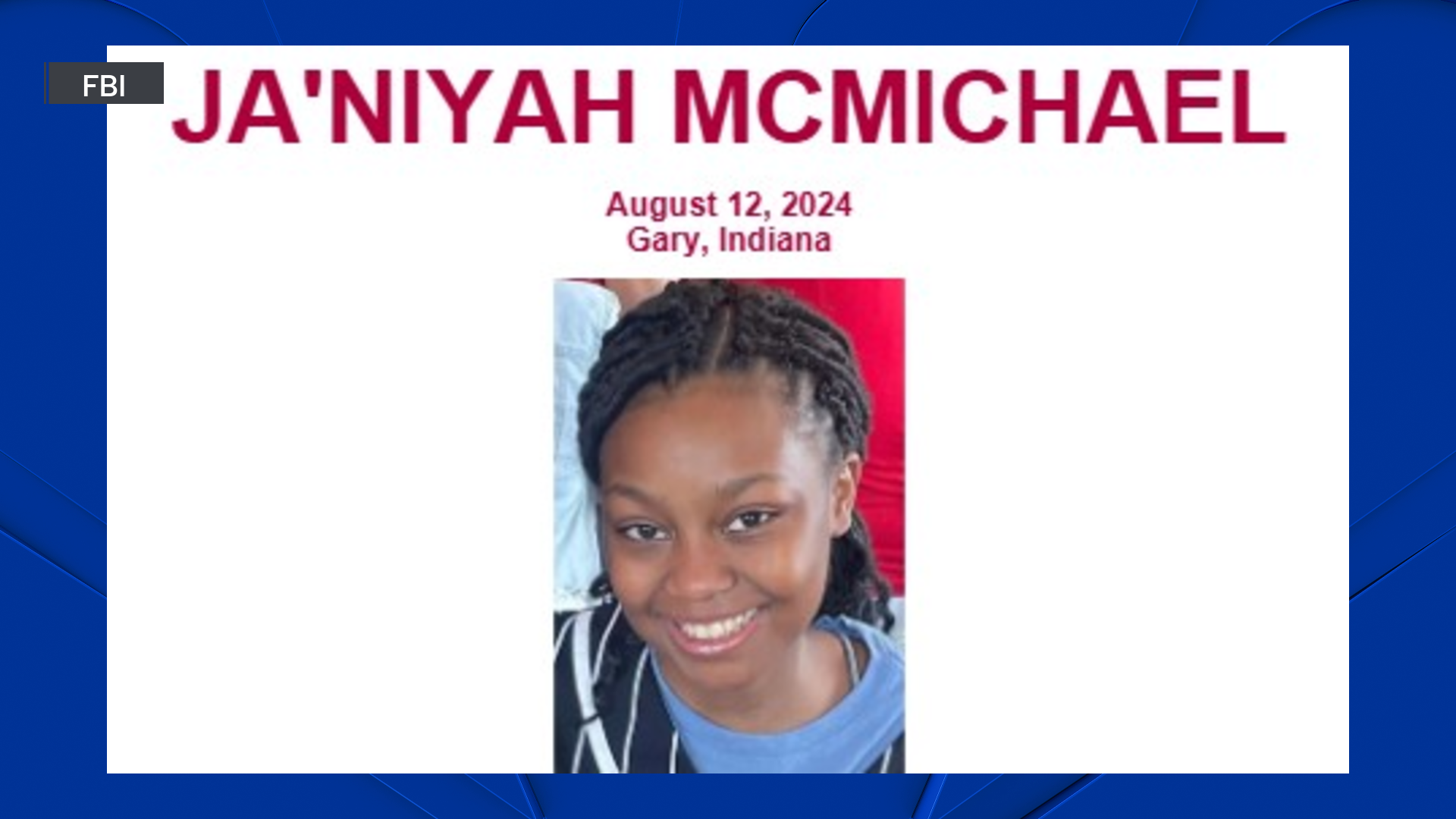
A rendering of the 1901 Project released by ownership groups.
Zoning Committee Chair Walter Burnett says he’s enticed by plans for a proposed $7 billion mixed-use development that would transform a sea of United Center parking lots into a thriving new neighborhood, but wants to know more about its taxpayer-funded infrastructure improvements — including the potential for a new Pink Line station.
The zoning application filed by the Wirtz and Reinsdorf families that built and jointly own the United Center makes no mention of a new CTA station that developers believe is needed to access the planned residential and entertainment district and minimize the need for parking.
Stream NBC 5 for free, 24/7, wherever you are.
But Burnett said the new station and related infrastructure improvements have been at the center of negotiations with city planners.
A likely funding source would be the surrounding tax-increment financing (TIF) district. But it’s a TIF that “may be expiring,” said Burnett, whose 27th Ward includes the project.
Further complicating matters is Mayor Brandon Johnson’s $1.25 billion bond issue to bankroll affordable housing and economic development projects. It weans the city away from its longstanding dependence on TIFs.
“The concern is, they want to use TIF money,” Burnett said. “Do we have the money? If the TIF expires, then what do we have? The only way we would be able to do it is if we extend the TIF.”
“It would be great and beneficial to have a Pink Line [station]. But how do you pay for it?...It’s not easy to just say, `You should put an L stop there.’ Where’s the increment going to come from?”
A United Center spokesperson said infrastructure talks with the city are “in the early stages,” and developers are only “in preliminary discussions on the question of tax-increment financing for the project.
Local
“Any incentives from the city would directly correlate to public use, including the potential Pink Line stop and accessible open space in the community, reflecting the city’s goals,” the United Center statement said.
Burnett noted that the long-awaited Green Line station, which opened just in time for the Democratic National Convention at the United Center, cost Chicago taxpayers $80 million.
Feeling out of the loop? We'll catch you up on the news you need to know with the Chicago Catch-Up newsletter.
“They say they’re not using any government money,” Burnett said. “But they’re not using any government money for their private property at the same time they may be inquiring about public property where we put in some money.”
“I know they’re on a fast-track. But we’ve still got a lot of deliberations to do in regards to this…From what I understand, the United Center has their financing in place. I think it’s going to go forward,” Burnett added. “We just have to look at the infrastructure part of it and what they’re trying to put the city in on…and if we can afford that and how we do that.”
The zoning application filed at last week’s City Council meeting for the so-called 1901 Project includes some potentially intriguing changes for Burnett’s burgeoning West Side ward. They include:
- Up to 9,463 residential units, 20% of them or 1,893 of those rental units, affordable to comply with the city’s affordable housing requirements for new developments. That’s up from the ballpark figure of 6,000 new apartments included in the original unveiling of the project.
- 1,309 hotel rooms, with up to 180 of those “keys’ in Phase One of the decade-long project. The height of the tallest building in the massive development would be 660 feet, making it the tallest building in the surrounding area.
- A 6,000 seat music hall and other entertainment-related uses at Damen and Adams, filling a void on a Chicago music scene that now includes small and large venues, but nothing in between.
- A parking deck topped by a 2.5-acre park as part of Phase One. The entire project would include roughly ten acres of new green space, if developers proceed with all seven phases.
Burnett said he is enticed by the increase in affordable units, which would include student housing for nearby Malcolm X College. That would build upon the city college’s longstanding partnership with United Center owners that has allowed the United Center to rent Malcolm X parking lots for years.
“This would be a big shot in the arm for the West Side…going west of Ashland. Every time I leave my house —and I live west of Ashland — I have to go east of Ashland to get something to eat,” Burnett said. “I love the green space. I love the skating rink. I love the retail. I love the fact that the United Center is working with the community with some of their retail spaces. They want to help the community create businesses.”
The music venue on Adams would fill a huge void for music- and community-related events, he said.
“I had to go the Salt Shed to do my senior bingo. I had 900 people,” Burnett said. “I couldn’t do it at the United Center because it’s too big. If they have a smaller venue there, we could do our bingos. We could do senior citizen dances. A lot of the schools in the area could do their graduations there.”



